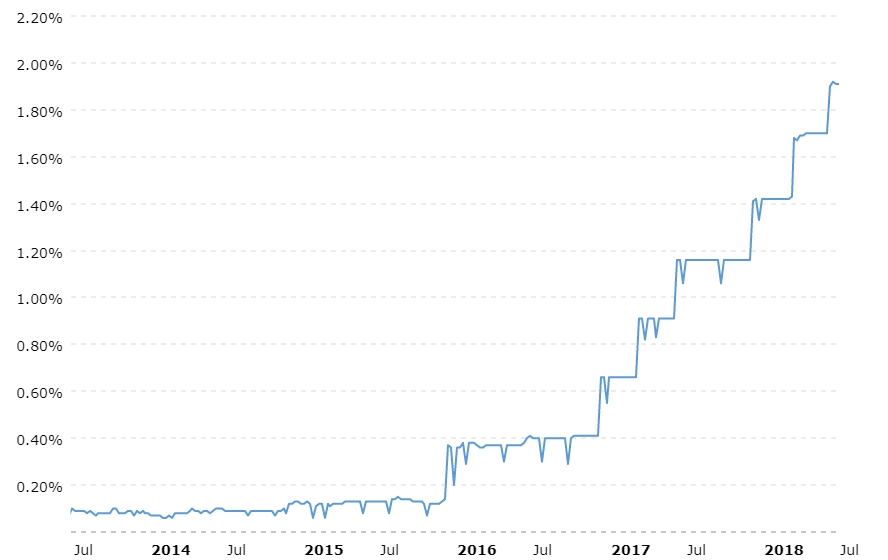Jerome Powell, the new Governor of the Federal Reserve Bank of New York, since his appointment on February 5th, 2018, has taken over the helm at a most interesting time. There’s a new, and somewhat unpredictable sheriff in town, and the economic picture for the United States isn’t looking too bad. However, as financial market professionals are well aware, when America sneezes, the rest of the world can potentially catch a cold.
The New York Fed has raised interest rates six times since 2015, and nobody is paying closer attention to future Fed action than the Emerging Market Economies (EMEs) of the world. These countries, that are neither included in the least developed states of the world, nor part of the newly-industrialized nations, are very concerned about recent Fed interest rate hikes. But are they being too sensitive? Mr. Powell seems to think so.
Jerome “Jay” Powell believes that recent Fed action, and any action yet to be taken by the central bank of the world’s largest economy, should not directly affect the members of the EME club. Despite that, he still urges caution amongst those economies to maintain their own transparent policies regardless of the stance of the Federal Reserve. He considers the role that US financial policy has in influencing EME financial activity is somewhat exaggerated. That said, there is no doubt that Fed policy, particularly when the US raises or lowers interest rates, does affect the financial weather in other parts of the world. When the Fed raised rates, this has a direct effect on the value of the US currency, which, being the main global reserve currency, has an impact on non-US economies. Powell also notes that economic policy outside of the US affects US financial markets as well.
To support his hypothesis, the Fed chairman points out that financial flows into the EMEs were relatively light before the financial crisis in 2008/9, when Fed funds were higher than they are now. And since 2011, those same capital flows fell and are now increasing again as the Fed maintained a policy of quantitative easing. Recently, since 2015 and the Fed’s decision to raise rates again, those capital flows into the EMEs have picked up, in somewhat contrary fashion. It would appear that there is no clear one-to-one correlation between US monetary policy and the financial health of the EMEs. What may influence the economic climate of the EMEs more than Fed interest rate policy are growth differentials between the two economic blocs, and commodity prices, which appear to have a more direct impact on EME growth.
While stating his position that recent Fed action has not had a direct impact on the economies of the emerging markets, he has stated that those economies continue to grow due to their maintaining firm fiscal and monetary policies. Powell praised them for their declared intention of managing their economies and for their responsible attitude to increased transparency of all financial activities. However, he did offer one word of caution—the situation with EME corporate debt, which can only mean bad news for the future. This was perhaps a little rich coming from the largest debtor nation on the planet, but the point was probably well noted.

